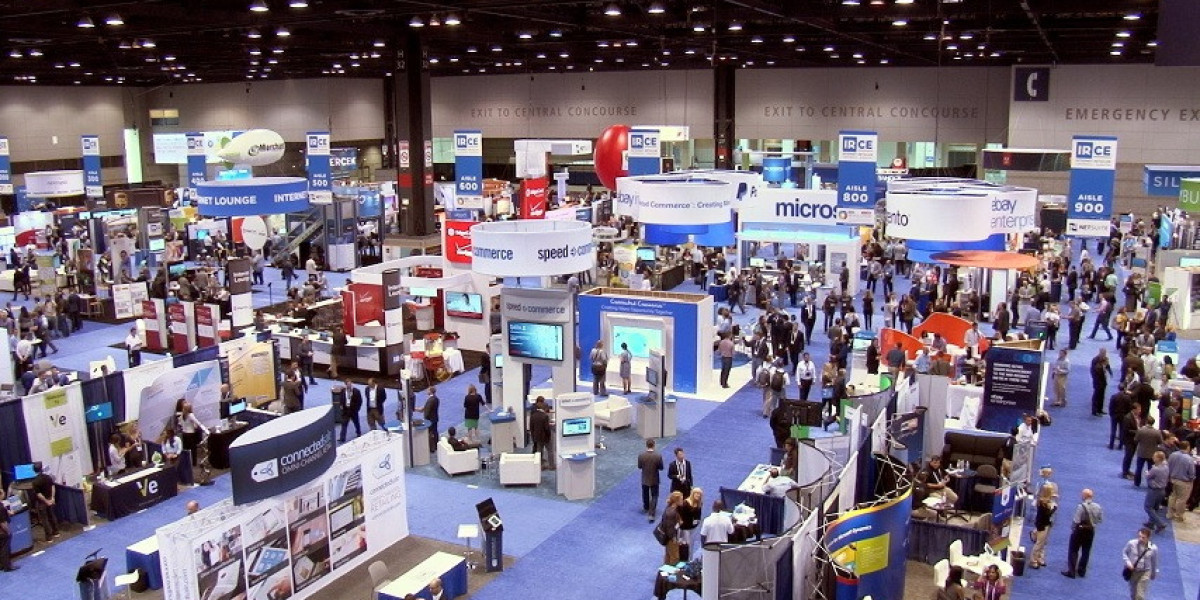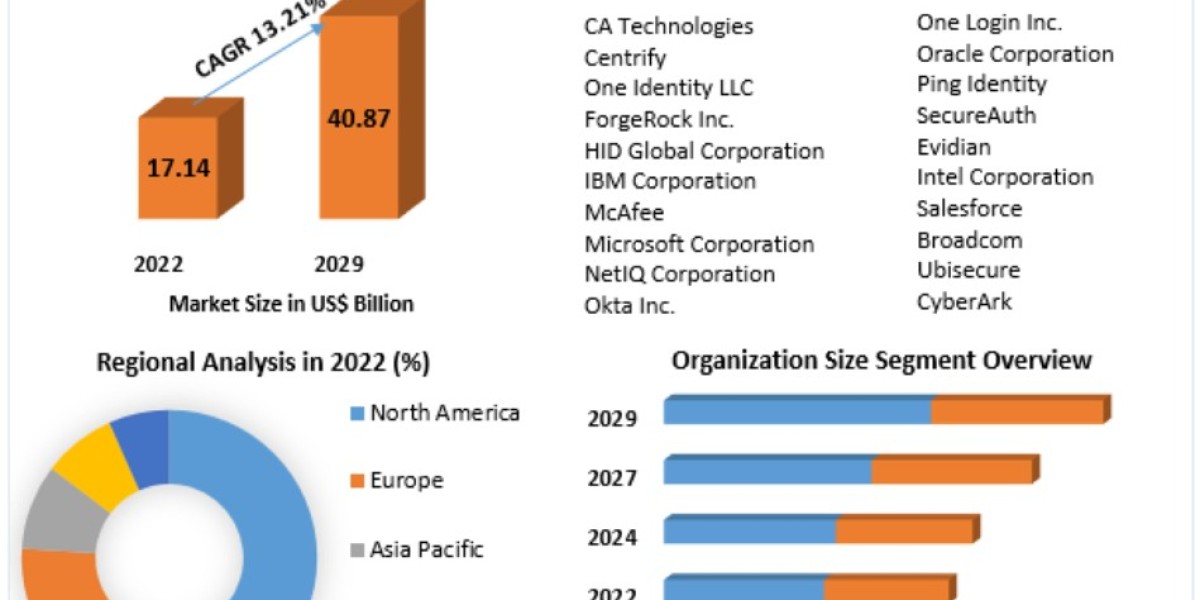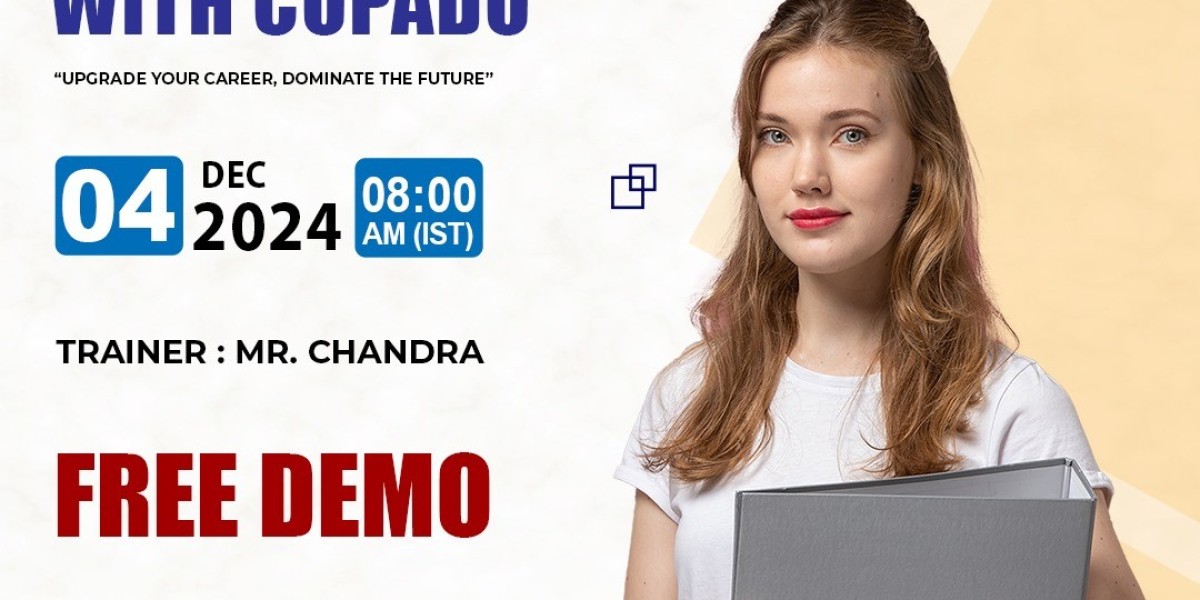Event planners know that creating a great event is only half the challenge. The real test lies in promoting the event effectively to ensure the right audience attends and engages. With countless events competing for attention, standing out requires creativity, strategy, and the right mix of event promotion tactics.
In this blog, we’ll explore three powerful event promotion ideas that can help you maximize visibility, attract attendees, and drive engagement before, during, and after your event.
1. Leverage Multi-Channel Digital Marketing
Effective event promotion requires meeting your target audience where they already are—across multiple digital platforms. A multi-channel approach ensures you can engage potential attendees, build anticipation, and drive registrations.
Email Marketing
Email remains one of the most effective tools for event promotion because of its direct and personalized nature. To maximize impact:
Create a Compelling Email Sequence:
- Save the Date: Announce your event early and encourage recipients to mark their calendars.
- Early Bird Incentives: Promote special pricing or perks for attendees who register early.
- Content Highlights: Share event details like speakers, workshops, or agenda highlights to build excitement.
- Final Reminder: Send a last-minute reminder with a strong call-to-action for registrations.
Segment Your Audience: Personalize emails based on attendee interests or past behavior. For example, send industry-specific messages to segments that align with your event themes.
Example Subject Line: “Join 500+ Event Leaders at [Event Name]—Early Bird Ends Soon!”
Social Media Campaigns
Social media platforms like LinkedIn, Facebook, Instagram, and Twitter offer unparalleled opportunities to promote events.
Event Pages and Hashtags:
- Create a dedicated event page on platforms like Facebook or LinkedIn. Share updates, speaker announcements, and registration links.
- Develop an event-specific hashtag to track conversations and encourage user-generated content.
Teaser Content: Share engaging visuals, short videos, and countdown posts to generate buzz.
- Example: Behind-the-scenes footage of event preparations or sneak peeks of keynote speakers.
Paid Social Ads: Use targeted ads to reach your ideal audience. For example, LinkedIn ads can target professionals based on job title, location, or industry.
Influencer Collaboration: Partner with industry influencers, speakers, or sponsors to amplify your event’s reach. Encourage them to share event-related content with their followers.
Pro Tip: Use interactive content like polls, quizzes, or live Q&A sessions on Instagram Stories or LinkedIn to engage your audience and build excitement.
Search Engine Optimization (SEO) and Paid Search
Maximize your event’s visibility on search engines like Google:
- Optimize your event website or landing page with relevant keywords such as “[Event Type] in [City] 2024”.
- Run Google Ads targeting keywords like “top [industry] conferences” or “networking events near me.”
Example Success: Large events like HubSpot’s INBOUND use email, social media, and targeted ads to create a buzz months before the event, ensuring sold-out tickets and a global audience.
2. Partner with Speakers, Sponsors, and Media Outlets
Collaboration with key stakeholders—such as speakers, sponsors, and media—can significantly amplify your event’s reach and credibility. These partnerships allow you to tap into existing audiences and expand your promotional efforts.
Empower Your Speakers to Promote
Speakers are one of your event’s biggest assets. They bring credibility and often have loyal audiences eager to hear them speak.
Provide Promotional Assets:
Make it easy for speakers to promote your event by providing ready-to-use content, such as:- Pre-written social media posts
- Branded visuals featuring their photo and session details
- Event hashtags and registration links
Host Speaker Teasers:
- Organize short webinars, interviews, or live Q&A sessions with speakers to give attendees a preview of what to expect.
- Post these teasers across social media platforms to generate interest.
Example: “Excited to be speaking at [Event Name] this year! Join me for a deep dive into [Topic]. Register here: [link].”
Engage Sponsors as Promotional Partners
Sponsors have a vested interest in the success of your event. Leverage their networks to broaden your reach:
- Encourage sponsors to share event announcements, registration links, and branded visuals on their social media and email channels.
- Provide sponsors with unique discount codes or giveaways to incentivize their audience to register.
- Highlight sponsors in your event content to build excitement and showcase their involvement.
Pro Tip: Create co-branded content, such as interviews or blog posts featuring sponsors, to provide value to their audience while promoting your event.
Partner with Industry Media and Influencers
Collaborate with trade publications, blogs, and industry influencers to get your event featured in front of relevant audiences:
- Press Releases: Share newsworthy details about your event, such as keynote speakers, unique sessions, or exclusive content. Distribute press releases to industry media outlets.
- Sponsored Content: Partner with media outlets to publish articles or ads that highlight your event. For example: “5 Reasons to Attend [Event Name] in 2024.”
- Influencer Marketing: Identify influencers or thought leaders in your niche and invite them to attend or promote the event. Offer incentives like complimentary passes or affiliate commissions.
Example Success: Trade shows like CES partner with tech media outlets like TechCrunch and Wired to ensure extensive coverage and a global audience.
3. Create Engaging Content to Build Hype
Content marketing is a powerful way to promote your event, educate your audience, and keep them engaged leading up to the big day. By creating valuable and shareable content, you can build excitement and attract attendees.
Event Blogs and Articles
Write content that provides value to your audience while promoting your event. Ideas include:
- Event Announcements: Introduce the event and its unique offerings. Highlight key dates, themes, and registration details.
- Speaker Spotlights: Feature interviews, quotes, or profiles of your event speakers. Share why attendees should be excited to hear them.
- Topic Insights: Write blogs that align with your event’s focus. For example: “Top Trends in [Industry] to Watch in 2024.”
- Recap Previous Events: Share success stories, attendee testimonials, and highlights from past events to build credibility and interest.
Pro Tip: Optimize blogs with relevant keywords to drive organic traffic and include clear calls-to-action for event registration.
Video Content
Video is one of the most engaging formats for event promotion. Use it to capture attention and share key details about your event.
- Teaser Videos: Create short videos introducing the event, its theme, and key highlights. Share these on social media, your website, and in emails.
- Speaker or Sponsor Videos: Ask speakers or sponsors to record short clips inviting attendees to the event.
- Countdown Content: Post countdown videos as the event date approaches, building anticipation.
Example Script for Video: “Join us at [Event Name] on [Date]! Network with top industry leaders, experience live demos, and gain insights from expert sessions. Register now!”
Interactive Content
Engage potential attendees with interactive content that drives interest:
- Polls and Quizzes: Create quizzes related to your event topic to generate engagement and promote registrations.
- Event Contests: Run contests on social media where participants can win free tickets or exclusive event access.
- Live Sessions: Host live-streamed Q&A sessions with event organizers, speakers, or sponsors to answer questions and promote registration.
Example Success: Events like Adobe Summit use teaser videos, live-streamed Q&A sessions, and interactive content to build excitement and ensure high attendance.
Final Thoughts
Promoting an event successfully requires creativity, planning, and a mix of proven strategies. By leveraging:
- Multi-channel digital marketing to reach audiences on email, social media, and search engines,
- Partnerships with speakers, sponsors, and media to amplify your message, and
- Engaging content to build anticipation,
you can attract attendees, generate buzz, and drive event success.
Whether you’re planning a small networking event or a large-scale conference, these promotion ideas will help you stand out and achieve your goals. Start implementing these strategies today to make your next event a success!








